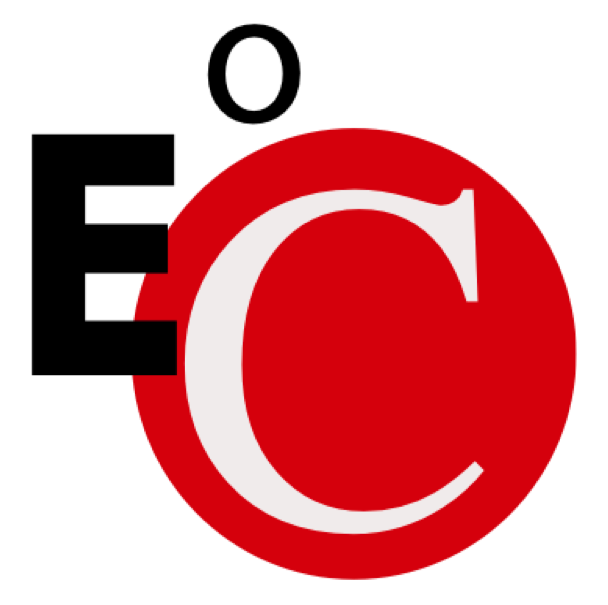5 Things Employees Need to be at Their Best

By Jim Funk

People love hearing the words, “You did a great job on that project!” Most people want to do a good job, and are willing to work hard to do their best. But in the world of work, the reality is that it doesn’t always happen. Why? Certain circumstances play a role in how engaged employees are in their jobs, and these factors impact performance.
I believe that enabling employees to do their best boils down to the ability to meet 5 important needs:
- To be treated as a whole person – body, mind and spirit. People want to be recognized for who they are, and not simply a set of skills or productivity numbers. They bring their whole selves to work, and need some degree of nurturing and expression in each of the dimensions of the human person: physical, intellectual, spiritual, social, and leisure.
- To be treated fairly. Policies and practices provide clarity regarding expectations, and they help ensure that people will be treated fairly. But as everyone knows, a policy manual doesn’t provide answers to every situation. Leaders must be able to make decisions that are just. Don’t get me wrong, everyone won’t always agree with every decision a leader makes, but all decisions should be supported by a rational explanation.
- To have safety, security and trust. The workplace must be one that feels safe and secure, with ready access to assistance if a safety or security issue arises. But more than physical safety and security, employees in this day and age seek job security. People need to feel the organization’s leaders can be trusted to keep their word, and communicate with honesty and transparency, especially as it relates to job security. When layoffs are expected or people are let go, they should be told the truth and assisted in making the transition.
- To have a thriving community at work. By definition we could say that any work group is a community of people. But a thriving community is one in which people are individually and collectively at their best because the work culture recognizes the importance of relationships and teamwork. Competition between teams can also be healthy, and fun!
- To have meaning in their work. While work is certainly a means to making a living, people need to feel that their work makes a difference in the world. Further, there is an inherent dignity in work because it allows the person to become more fully who he or she is. People need to feel that their talents and skills are being used, and want to be given the opportunity to grow and develop so that they can reach their full potential.
When these 5 needs are met, people feel more fulfilled and more committed to doing their best work for the organization. It might seem obvious, but what does it really take to meet these needs? First of all, organizations whose values include statements like, “a great place to work,” or “people are our most valuable asset,” must be able to live up to those and not just give lip service. Leaders who understand these needs and intentionally work to meet them are what make the difference. I would call this “holistic leadership,” because the holistic leader treats people as people and not just a skillset or a “human resource.”
What Can Leaders Do?
When I consult with organizations, I recommended that leaders ask each of their employees to write down answers to three questions:
- What do you need in order to do your job well and be at your best?
- What will it take for you to ask for and get what you need?
- What types of rewards motivate you and make you feel appreciated?
I suggest that they keep this sheet of paper in all of their employees’ folders, so when they meet with them or want to reward them they can be more personal and specific in addressing their needs. It works!
Please share any comments, reactions or questions you have about these ideas. If you believe you are working or have worked in an organization with leaders like those I am describing, I invite you to write about it in a reply to this blog or contact me directly. I would like to talk with you. In my next blog post we will look at the business case for holistic leadership, and what difference it can make in terms of actual outcomes.
Jim Funk is a consultant who helps leaders, teams and organizations discover and develop their full potential. He is passionate in believing that strong leadership competence combined with the leader’s personal characteristics, values and virtues are key to achieving goals and driving business results. In addition to his work at J L Funk & Associates, Jim has served on various boards and commissions, and is currently a member of the Economy of Communion in North America Commission. Learn more about Jim’s work at www.jlfunk.com and www.linkedin.com/in/jlfunk or e-mail him at jim@jlfunk.com.
